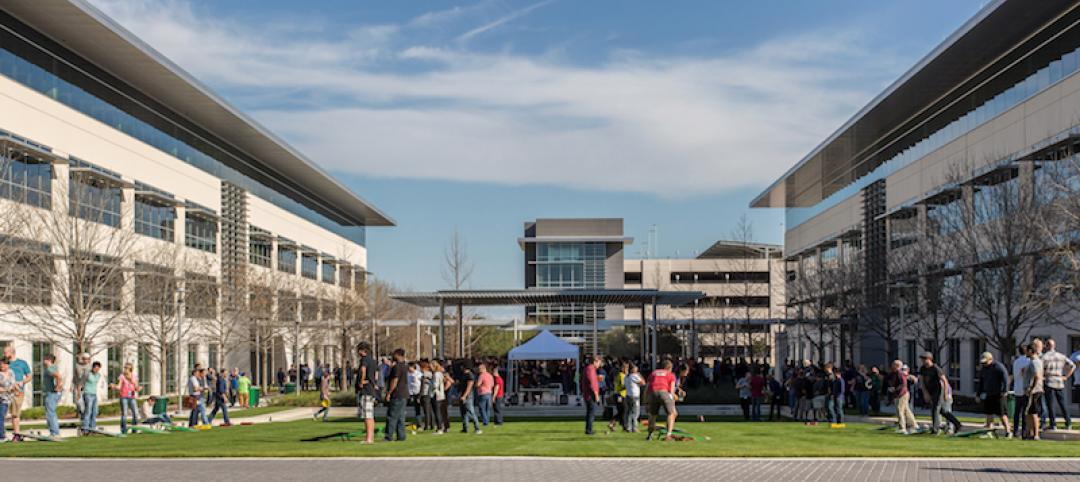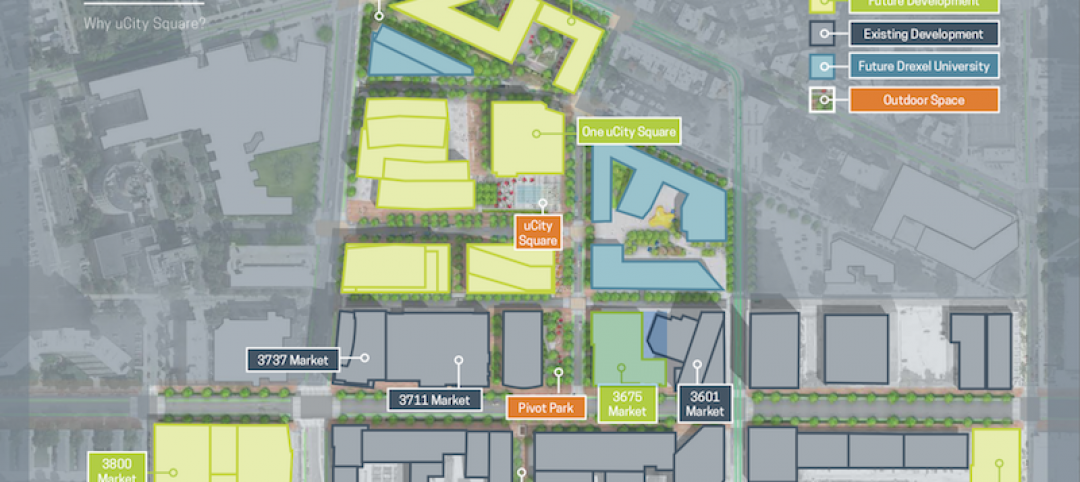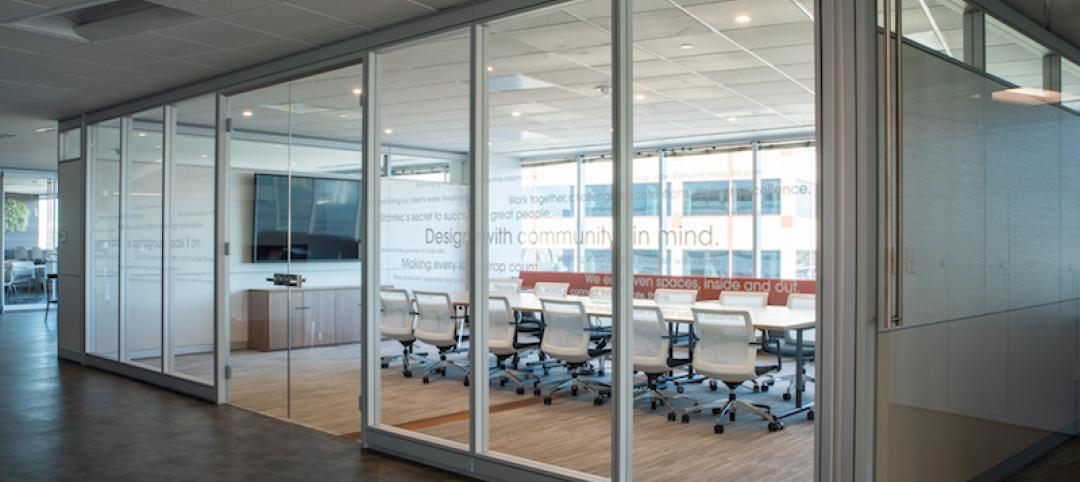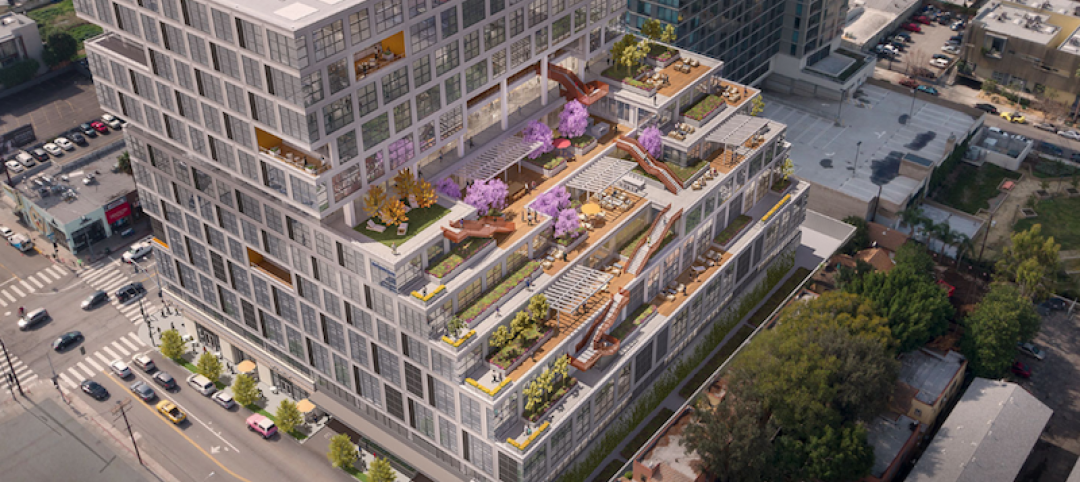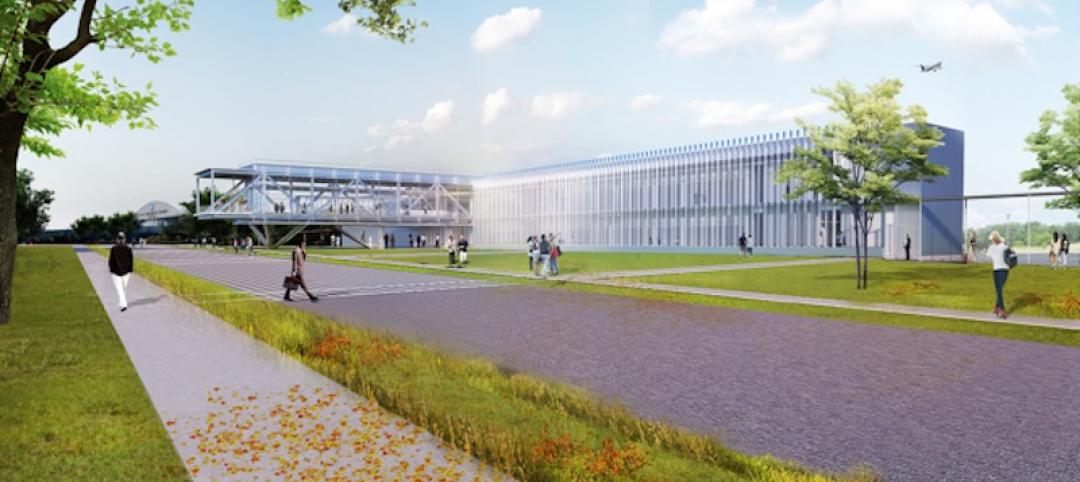In the current post-pandemic environment, many workers continue to work remotely, and most tenants don’t need as much space as in pre-pandemic days.
The impact is higher vacancies in the office sector and owners desperately trying to retain and attract tenants. Many landlords in the war for tenants have turned to offering new workplace amenities such as conference room services, fitness centers with nutritionists, and high-end food and beverage offerings.
To provide these services, landlords engage with third-party vendors and these arrangements present the potential for some thorny legal liability, according to a column at GlobeSt.com. To prevent that, both parties must hash out details over responsibilities for the engagement to ensure that it works as expected.
For example, a contract should include clauses about who can access bank accounts and who provides accounting support for expenses and revenue. Also, the vendor must be in tune with requirements in the landlord’s insurance to prevent inadvertent actions that could negate coverage.
In addition, amenity vendors may be unfamiliar with the coordination needed to operate the building when it comes to things like elevator usage, HVAC, access to loading docks, trash disposal, and parking. Details like that, if not spelled out in advance, could lead to rancor between the landlord and vendor, or worst case, a legal confrontation.
Design and construction firms should be aware of this dynamic when renovating space for upgraded office enhancements, as it could complicate the programming process or even derail a project.
Related Stories
Office Buildings | Dec 18, 2018
Google announces new $1B Hudson Square campus project
The 1.7 million-sf campus will expand the company’s New York City presence.
Office Buildings | Dec 13, 2018
Apple selects Austin for $1 billion campus
The company will also build smaller expansions in six other U.S. cities over the next three years.
Office Buildings | Dec 4, 2018
Brookfield launches contest for startups to receive two years of free office space
This is part of a larger campaign to burnish the image of L.A.’s Wells Fargo Center.
Office Buildings | Nov 28, 2018
Amazon HQ2 and the new geography of work
The big HQ2 takeaway is how geography and mobility are becoming major workplace drivers.
Mixed-Use | Oct 25, 2018
Philadelphia’s uCity Square kicks off major expansion drive
This innovation center has several office, lab, and residential buildings in the works.
Office Buildings | Oct 25, 2018
Stantec consolidates three Portland-area offices into one downtown location
Stantec worked with Ankrom-Moisan Architects on the design.
Office Buildings | Oct 8, 2018
Netflix leases Epic, an under construction office tower in Hollywood
Gensler designed the building.
Office Buildings | Oct 1, 2018
NASA’s Cleveland-based Glenn Research Center to receive a new centerpiece
TEN Arquitectos designed the building.
Office Buildings | Sep 19, 2018
Manhattan’s Meatpacking District has a new tallest tower
CetraRuddy designed the office building.




